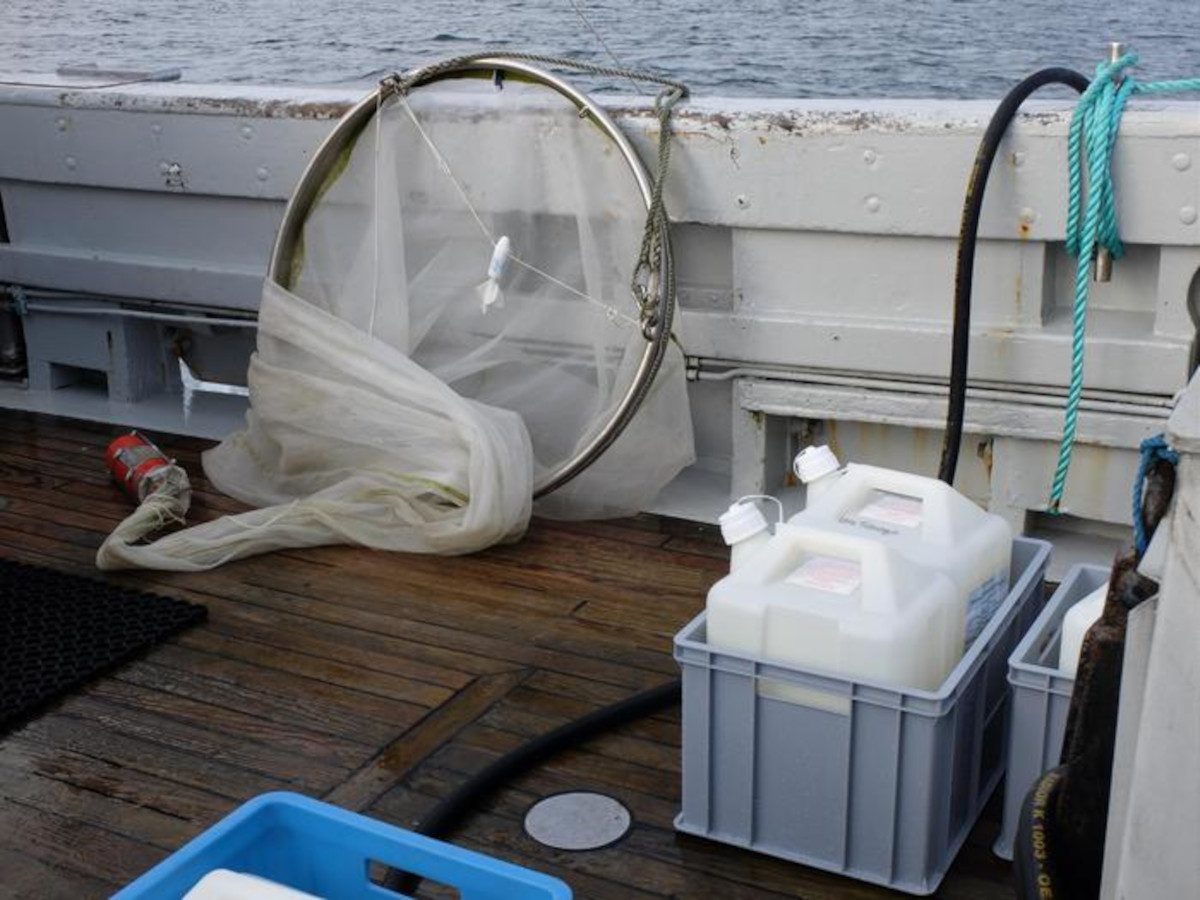
Can biosurfactants increase microbiological oil deterioration in North Sea seawater? A global research study group have actually been checking out the concern and state the outcomes expose the capacity for a more efficient and eco-friendly oil spill reaction.
Oil leakages into the oceans are approximated at around 1500 million litres yearly worldwide. This results in worldwide considerable ecological contamination, as oil consists of dangerous substances such as polycyclic fragrant hydrocarbons that can have harmful or mutagenic results on organisms. Oil spills, especially devastating ones leading to the quick release of big amounts of oil into the oceans, such as tanker mishaps or occurrences at oil drilling platforms like Deepwater Horizon in 2010, are specifically ravaging.
In such oil spill occurrences, big amounts of chemical dispersants, varying in the countless litres depending upon the quantity of oil, are regularly used to liquify oil slicks, avoid oil from reaching shorelines, and boost oil dispersion in the water. The hope is that microbial oil deterioration will be improved as an outcome. This is since unique bacteria that are extensive in nature can feed upon petroleum parts and break them down into safe compounds. This unique capability of microorganisms naturally cleans up oil-contaminated locations.
This newest research study was carried out by scientists from the universities of Stuttgart und Tübingen, together with the China West Typical University and the University of Georgia.
” In a research study from the U.S.A. released in 2015, we showed that– contrary to expectation– chemical dispersants in deep-sea water from the Gulf of Mexico can decrease microbial oil deterioration,” states Prof. Sara Kleindienst, who operated at the University of Tübingen up until 2022 and now operates at the University of Stuttgart. “Ever since, the subject has actually been at the center of questionable conversations, and there is still no easy response to how oil spills can be combated better,” highlights Prof. Sara Kleindienst.
In the look for more eco-friendly techniques for handling oil spills, biosurfactants might provide an appealing option to chemical dispersants. Biosurfactants are produced by bacteria and can increase the bioavailability of oil parts. This can hence boost microbial oil deterioration, which is important for filtration.
Try outs seawater from the North Sea
A global research study group led by ecological microbiologist Teacher Sara Kleindienst, with geomicrobiologist Teacher Andreas Kappler (University of Tübingen) and biogeochemist Teacher Samantha Joye (University of Georgia), compared the results of biosurfactants and chemical dispersants. In the lab at the University of Tübingen, the scientists simulated oil spill conditions. For their experiment, they took control of 100 litres of surface area water from the North Sea near to the island of Helgoland. The seawater was treated with either the biosurfactant rhamnolipid or a dispersant (either Corexit 9500 or Slickgone NS), both in the existence and lack of oil. The research study group utilized radioactive markers to track the deterioration of the oil by the bacteria in information. “Our examinations utilizing radioactively identified hydrocarbons or a radioactively identified amino acid revealed that the greatest rates of microbial hydrocarbon oxidation and protein synthesis happened in the oil microcosms treated with rhamnolipid,” states Prof. Lu Lu, who formerly operated at the University of Tübingen and now operates at the China West Typical University.
The influence on the structure of microbial neighborhoods likewise varied considerably in between the methods utilizing biosurfactants compared to chemical dispersants. “This outcome recommends that making use of biosurfactants might promote various microbial oil degraders, both in regards to development and activity, which in turn can impact the clean-up procedure after oil spills,” states Prof. Lu Lu.
” Our findings recommend that biosurfactants have fantastic possible for usage in future oil spills in the North Sea or comparable nutrient-rich ocean environments,” includes Prof. Sara Kleindienst. “A visionary extension of our work would be the advancement of items based upon biosurfactants that provide both efficient and eco-friendly methods to combating oil spills.”